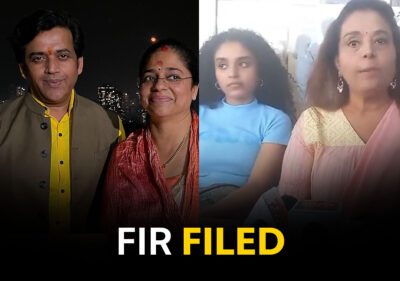
The ongoing debate over freebies has sparked a political battle between the BJP and the Aam Aadmi Party after PM’s speech over “revari” culture. However, now the Election Commission of India, seems to take a step in this matter, where various parties make different poll promises, announce freebies, during the elections to woo the voters.
As per the information, the Election Commission on Tuesday proposed changing the model code, asking political parties to give voters accurate information about the financial feasibility of their election promises in the midst of a discussion on the freebies. Furthermore, the Election Commission has written to all recognised national and state parties, asking their views and submitting them by October 19.
Also read: Kim Kardashian To Pay Penalty Of $1.26 Million For Promoting Cryptocurrency On Instagram
Moreover, the EC stated that empty election promises have significant consequences and that it cannot ignore the negative impact inadequate disclosures of election promises have on financial viability. This comes amidst the ongoing political war between the AAP and the BJP over “freebies”.
“The Election Commission of India, observes that the outcomes of inadequate disclosures by political parties get attenuated by the fact that elections are held frequently, giving opportunities for political parties to indulge in competitive poll promises, particularly in multi-phase polls, without having to reveal their financial implications more particularly on committed expenditure,” reads the letter by the ECI.
The poll panel has suggested adding a proforma to Part VIII of the Model Code of Conduct (MCC) (Guidelines on election manifesto). Furthermore, it will require the Political parties to tell voters whether the poll promises made in their manifestos are financially feasible and if they can be sustained within the budgetary constraints of the state or the Central government.
Subsequently, the proposed proforma requests information on ways to generate revenue (potentially through additional taxes), rationalise spending (potentially by eliminating some programmes), impact committed liabilities and/or additional debt raising, and its impact on Fiscal Responsibility and Budget Management Act (FRBM) limits.




